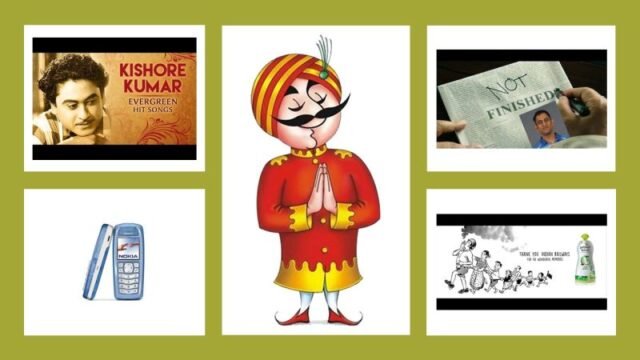We embrace change, we somewhere wish it didn’t have to be this way.

Yesterday MS Dhoni made 18 runs and the social media went delirious with happiness. If like me, you’ve been a die-hard Dhoni fan, you were probably part of this euphoric crowd. But there’s something interesting that this response tells us. The belief, that our superstar of yesteryears is still a match winner he used to be, is important for many of us.
Seen from a larger perspective, some of it comes from our desire to hold on to what we fear is ‘over’. Not just Dhoni and his match finishing heroics, but how things used to be. It’s our response to a sense of bewildering change that surrounds and overwhelms us. On the face of it, a lot around us is better (including the sheer talent pool in cricket), but change does come with its anxieties. Including creating a sense of our own rapid irrelevance. And we are coping with it in two interestingly opposite ways. One way is to embrace ‘upgrade’. Most noticeable in the speed with which we are moving on to the next version of mobile phones, a device rather central to life today. These upgrades give us a sense of coping with the sea of overwhelming change.
The other, interestingly is to cling on to the re-assuring past, wherever we can. Ideas like Paper Boat tapped into this need, but if you look at the buzz around the Air-India take over by Tatas, the resurgence of brand Dravid as a mentor, the almost loving reference to the good old ‘Nokia wala phone’, the reference to fixing the old music cassette with pencils, comments under songs on youtube from a decade ago or more, the social media chatter around games one played at school… they paint a picture. That even as we embrace change, we somewhere wish it didn’t have to be that way.

